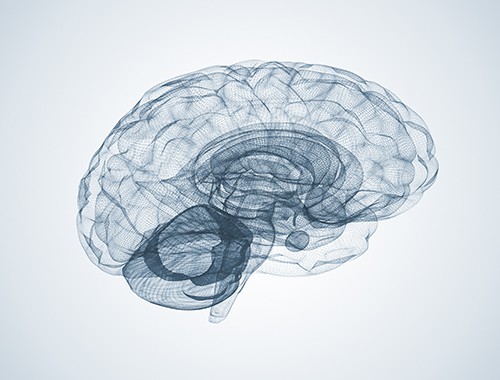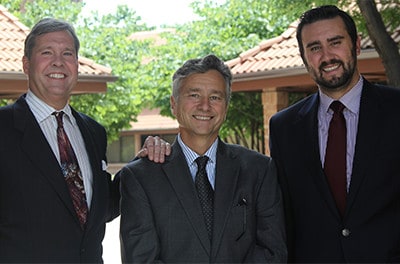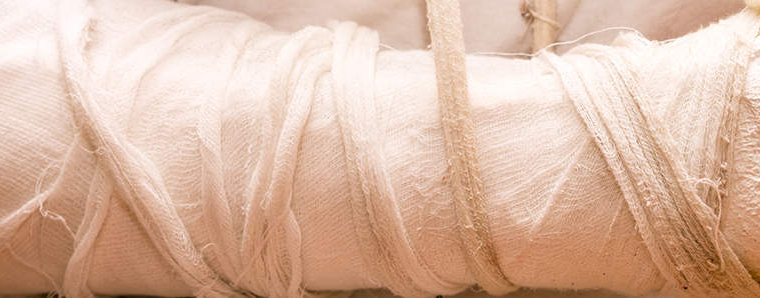Long-Term Effects of TBI Uncovered
 Every parent whose child has suffered a traumatic brain injury has a question that, up until now, has had few definitive answers. The question parents want to know is what their child will be like ten years down the road—in other words, what are the long-term effects of a traumatic brain injury in a child? A study presented at the Association of Academic Psychiatrist in Las Vegas in February 2017, dealt with the long-term effects of traumatic brain injuries—from seven to ten years after the injury. Those patients who had mild to moderate traumatic brain injuries were found to be twice as likely to have attention problems, while those with more serious traumatic brain injuries were about five times as likely to develop attention deficit hyperactive disorder (ADHD). Additional findings from this study included:
Every parent whose child has suffered a traumatic brain injury has a question that, up until now, has had few definitive answers. The question parents want to know is what their child will be like ten years down the road—in other words, what are the long-term effects of a traumatic brain injury in a child? A study presented at the Association of Academic Psychiatrist in Las Vegas in February 2017, dealt with the long-term effects of traumatic brain injuries—from seven to ten years after the injury. Those patients who had mild to moderate traumatic brain injuries were found to be twice as likely to have attention problems, while those with more serious traumatic brain injuries were about five times as likely to develop attention deficit hyperactive disorder (ADHD). Additional findings from this study included:
- Speed of information processing, inhibition and reasoning—all skills which impact social functioning showed the greatest long-term adverse effects;
- Families who intervene early on are likely to see better long-term outcomes;
- Home environments and parenting have powerful influences on the recovery of children with traumatic brain injuries, and
- Children who live in home environments which are particularly chaotic and/or economically disadvantaged are more likely to show poorer long-term outcomes.
Further Reading: Smartphones – Increasing Accidents and Raising Rates
Multiple Factors Have an Impact on the Long-Term Effects of TBI in Children and Teens
There are more than 630,000 children and teens who are treated in emergency rooms every year after receiving traumatic brain injuries. Factors which impact how each individual child will do in the future include socio-economic status, the child’s home environment, the manner in which the child is parented, and the overall functioning of the family.
To better understand how much—or whether—hereditary plays a role in how well children and teens recover from traumatic brain injuries, researchers at the Cincinnati Children’s Hospital are researching genes which are important to TBI recovery. More than 330 children will participate in the study, with DNA samples collected from each study participant. The project is expected to provide information which will allow more specialized, individualized treatment plans.
This particular study will use neuroimaging and other technologies to learn more about traumatic brain injuries, including how brain networks respond to aerobic training. Researchers at Cincinnati Children’s have been studying interventions to improve behavioral and cognitive outcomes following brain injury in a child or teen for the past two decades. In one computerized trial of attention and memory, children who had positive parent-child interactions showed greater improvements in attention, and executive function behaviors.
Studies on Traumatic Brain Injuries Among Veterans
Another study, published in the journal Radiology, studied outcomes of veterans who sustained mild traumatic brain injuries during combat. MRIs and DTI metrics were used to study military veterans with a diagnosis of traumatic brain injury. The results of the study found a link between DTI measurements taken post-deployment, and neurobehavioral symptoms. The timing of the injury also appeared to have an impact on functional outcomes.
Veterans who were unable to return to their job because of their traumatic brain injury displayed what is known as diffusivity in specific regions of the brain—an area known as the left internal capsule which contains important fibers providing motor stimulation to the right side of the body. The diffusivity in the left internal capsules was believed to be a sign of lower structural integrity. Overall researchers found a significant correlation between fine motor function impairments and the veteran’s inability to return to work.
It will likely require many more studies on traumatic brain injuries to help parents and family members really know how much their loved one’s injury will impact his or her life a decade down the road.
Contact Our Northern Colorado Traumatic Brain Injury Lawyers
 If you or someone you love has sustained a brain injury in an accident, it is important to understand your legal rights, as well as the long-term complications of your injury.
If you or someone you love has sustained a brain injury in an accident, it is important to understand your legal rights, as well as the long-term complications of your injury.
At Hull & Zimmerman, P.C., our committed traumatic brain injury lawyers are dedicated to the belief that everyone deserves justice. Contact us at (303) 423-1770 or (866) 385-3505.
Our personal injury lawyers have extensive experience representing injured accident victims in Broomfield, Arvada, Superior, Lafayette, Louisville, Erie, Brighton, Commerce City, Northglenn, Westminster, Thornton, Longmont, and throughout Colorado.

